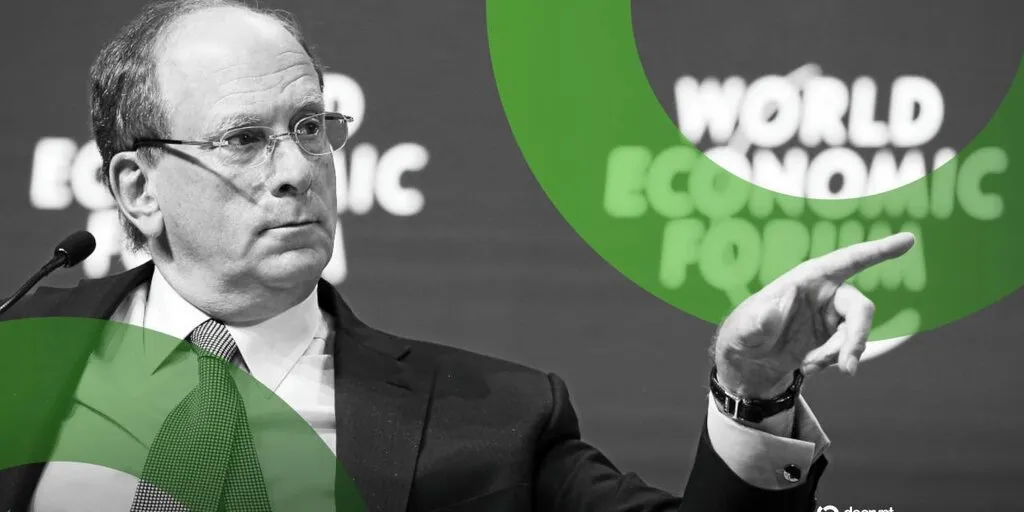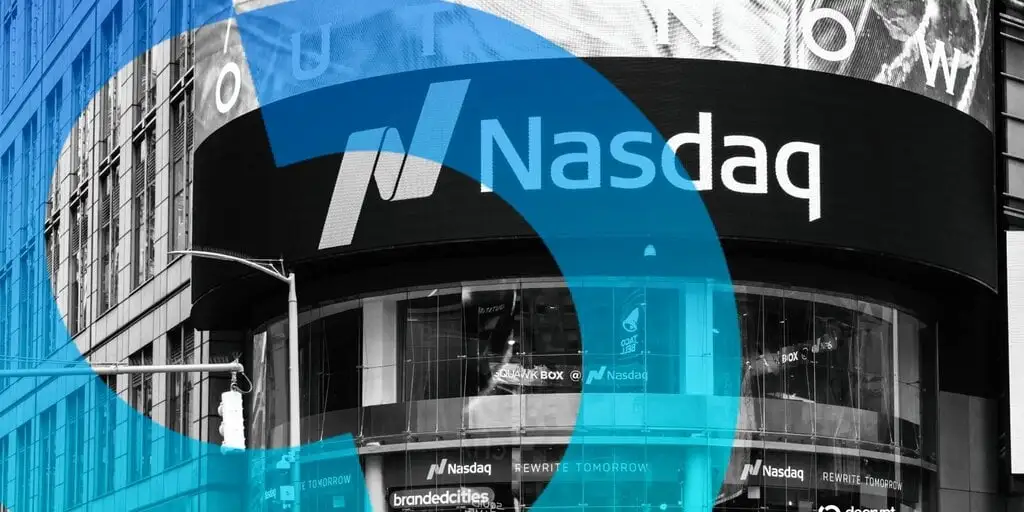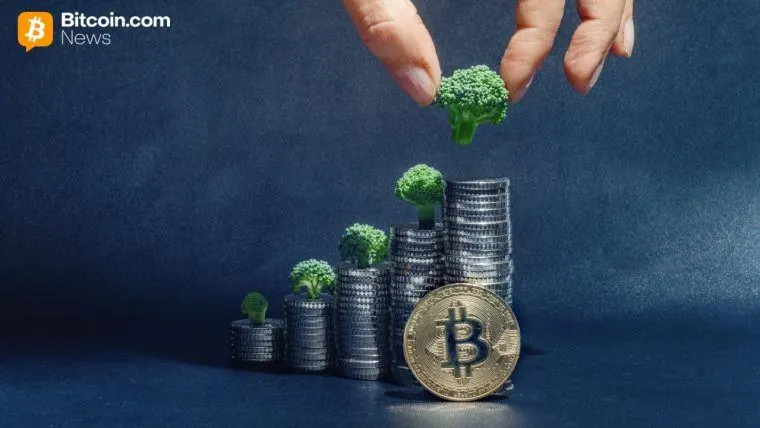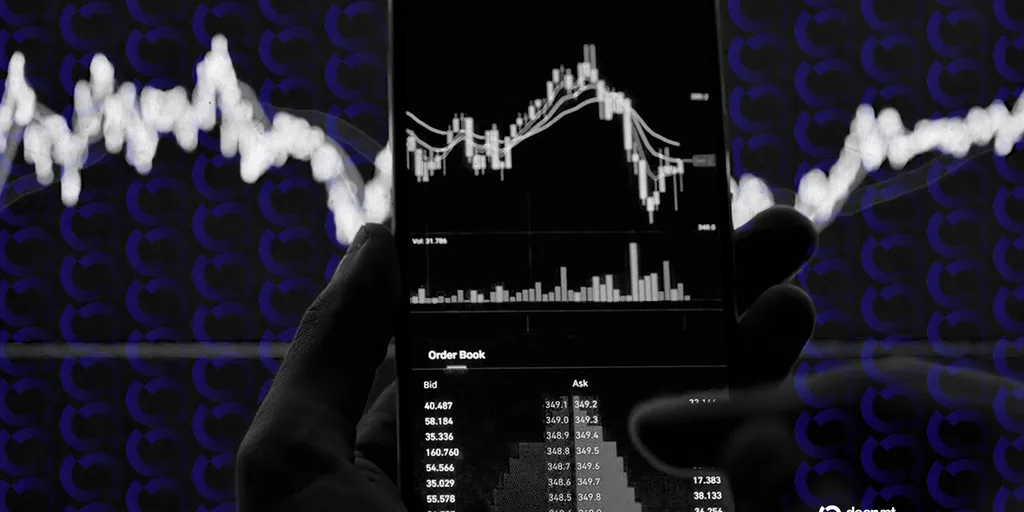In the face of new war threats, ongoing international sanctions, and the hyperinflation of the Bolívar, Venezuela's reliance on dollar-pegged stablecoins is expected to deepen further.
Earlier this week, the U.S. Department of Defense deployed its most advanced aircraft carrier to the Caribbean near Venezuela, while President Donald Trump indicated plans to carry out military strikes against drug cartels operating throughout the South American country.
President Trump accused the Venezuelan drug cartels of smuggling illegal substances into the United States, exacerbating the opioid and narcotics crisis domestically. Venezuelan President Nicolás Maduro denied these accusations and urged Trump to avoid starting a war.
JUST IN: 🇻🇪🇺🇸 Venezuelan President Nicolas Maduro says he does not want war with the United States. "No crazy war…please, please, please." pic.twitter.com/d3XwzEiGsY
This situation may bring more financial instability to ordinary Venezuelans. Currently, they heavily rely on stablecoins like Tether (USDT) to prevent their hard-earned savings from rapidly depreciating amid the Bolívar's triple-digit inflation rate.
Stablecoins, or digital assets many Venezuelans refer to as "Binance dollars," have become a primary tool for daily payments, especially as the country's dollar reserves continue to dwindle.
The Venezuelan government has also begun to utilize stablecoins to facilitate oil trade with allies, including transactions with Russia, as Venezuela just formally established a strategic partnership with Russia on Monday.
The New York Times reported last Sunday that Maduro has successfully "reconnected the Venezuelan economy to the stablecoin system," making it possibly the first country to manage a significant portion of its public finances in cryptocurrency.
According to The New York Times, stablecoins "currently account for as much as half of the hard currency legally entering the Venezuelan economy."
Crypto analysis platform Chainalysis reported earlier this month that, affected by triple-digit inflation and international sanctions, Venezuela received $44.6 billion in cryptocurrency from July 2024 to June 2025, making it the fourth-largest cryptocurrency market in Latin America.
The country ranks just behind Brazil, Argentina, and Mexico, which have larger populations.
One of Venezuela's most prominent cryptocurrency advocates is María Corina Machado, a former presidential candidate who uses Bitcoin (BTC) to protect her assets from confiscation.
Earlier this month, she was awarded the Nobel Peace Prize for her efforts to restore democracy in Venezuela and peacefully resist Maduro's dictatorship.
For the first time in history, the Nobel Peace Prize was awarded to a Bitcoiner. Congratulations to Maria Corina Machado, and also to @HRF who continues to explain to the world what is so obvious to so many—Bitcoin IS human rights pic.twitter.com/92cHOieeEb
Since Maduro took office in 2013, nearly 8 million Venezuelans have been forced to flee the country due to hyperinflation, food and medicine shortages, and social disorder.
Many have lost access to their bank accounts, forcing citizens to turn to cryptocurrencies and stablecoins like USDT to preserve value and transfer their limited wealth out of Venezuela.
Related: Indian court intervenes in WazirX Ripple (XRP) distribution related to 2024 hacking incident
Original article: “Venezuela's Stablecoin Usage Grows Amid War Threats and Ongoing Sanctions”
免责声明:本文章仅代表作者个人观点,不代表本平台的立场和观点。本文章仅供信息分享,不构成对任何人的任何投资建议。用户与作者之间的任何争议,与本平台无关。如网页中刊载的文章或图片涉及侵权,请提供相关的权利证明和身份证明发送邮件到support@aicoin.com,本平台相关工作人员将会进行核查。




